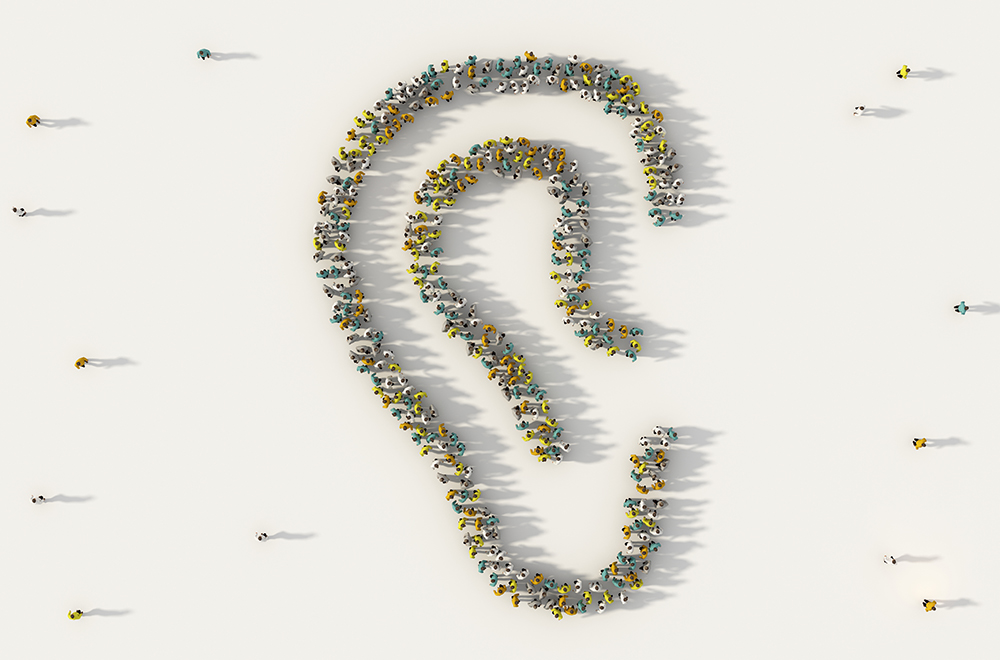Australasia’s first biobank to develop genetic therapies for hearing loss will soon be headquartered in WA.
Ear Science Institute Australia is set to develop the Australasian Hearing Registry and Biobank – also known as The Aussie Ear Bank – the first of its kind in Australia to store tissue related to genetic-associated hearing loss with the goal of advancing personalised care and new treatments.
The project will be funded in part by Gift of Hearing donations, a $500,000 Future Health Research & Innovation (FHRI) grant and a $150,000 grant from the Ian Potter Foundation successfully secured by Ear Science in 2024.
Hearing loss is a major contributor to global disability and currently affects over 1.5
billion people with the number projected to rise to 2.5 billion people globally by 2050.
About 13 per cent of adults aged 60 years have a disabling hearing loss, with the rate rising to about 60 per cent for those aged 90 years. Permanent hearing loss is also estimated to affect up to 2 in every 1000 babies born, and increases during childhood to as many as 3 per 1000 children between the ages of 9 to 16 years old. Genes play an important role in congenital hearing loss, contributing to about 50% of cases of deafness.
The Aussie Ear Bank will allow increased access to genetic samples by linking to
national and international registries through a network of clinicians, researchers,
institutes, and patients. It will enable Ear Science to build research capacity that will lead
to improvements in understanding genetic causes of hearing loss and assist with the
development of treatments.
Biobank stakeholders will bring together a large repository of genetic samples, audiometric hearing assessment data, electrophysiological, and genetic analyses in an Australian-first digital registry. The establishment of the registry and biobank will enable Ear Science and collaborators to address the many causes of genetic-associated hearing loss and facilitate clinical trial activity in WA, nationally and internationally.
According to Ear Science Founder and ear, hearing and skull base surgeon Professor Marcus Atlas, the modern understanding of hearing loss is showing that the traditional cause of noise and age are not what we thought.
“The emerging research around the world and particularly at Ear Science is that genetics is the big new factor in middle age and older people’s hearing loss. This is not what we thought before and it is a game changing finding because it is potentially treatable,” he said.
Newly appointed Ear Science board member David Krasnostein said, “To be at
the forefront of medical and scientific advancement at this level is truly exhilarating. We
are excited about what the future holds for the treatment of genetic hearing loss in
Australia.”

